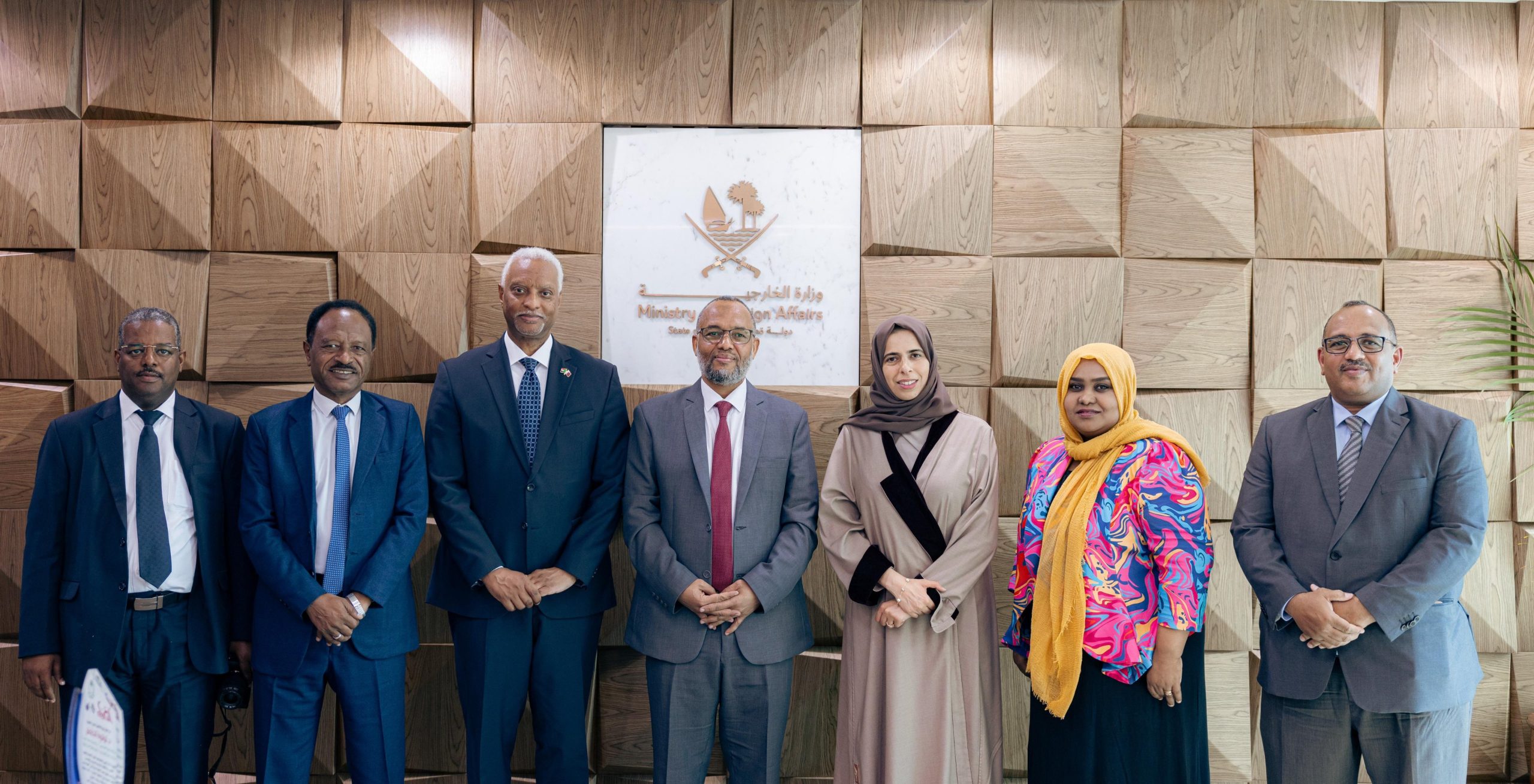The war in Sudan has led to a catastrophic humanitarian crisis, with 24.8 million people in need of assistance this year.
Qatar’s Minister of State for International Cooperation, Lolwah Al Khater, has reaffirmed the Gulf state’s commitment to supporting Sudan’s security and stability, as the war-stricken country continues to face a deadly war with no ceasefire in sight.
The meeting took place in Doha on Sunday between Al Khater and Sudan’s Acting Federal Minister of Health, Dr. Haitham Mohamed Ibrahim.
In a statement, Qatar’s foreign ministry said the meeting dealt with “cooperation relations between the two countries and ways to support and enhance them”. It also emphasised that Al Khater renewed Qatar’s “permanent support for Sudan” and its people.
“She also stressed Qatar’s firm position on the necessity of preserving the security of Sudan, its official institutions, its stability, and the safety and unity of its territories,” the statement said.
The war in Sudan erupted last year between the Rapid Support Forces (RSF), commanded by Mohammed Hamdan Daglo, and the Sudanese army, led by Abdel Fattah Al Burhan. This violence followed a period of escalating tensions.
The war went on for more than a year despite several mediation attempts, including ones led by the United States and Saudi Arabia.
Conservative figures released by the World Health Organization (WHO) last month pointed to more than 20,000 people killed in Sudan, though this figure is believed to be an underestimate of the true death toll.
The conflict has internally displaced over 10 million individuals, while another two million have sought refuge in neighboring countries, including Libya, Egypt, and Chad.
The deadly war has led to a catastrophic humanitarian crisis with 24.8 million people in need of assistance this year, according to the United Nations.
Additionally, the country is also grappling with the outbreak of diseases including cholera, malaria, dengue fever, measles and rubella.
Despite commitments made during the U.S.-led talks in Geneva in August by the RSF and Sudan’s army to facilitate humanitarian access, aid has scarcely reached those in need.
Last week, Doctors Without Borders (MSF) said that it was forced to halt its care for 5,000 malnourished children in Zamzam camp in North Darfur due to the blocking of aid delivery.
“Despite hopeful announcements following peace talks in Geneva in mid-August, no significant amount of humanitarian aid has reached people in Zamzam camp nor in nearby El-Fasher since 1 August,” MSF said.
The camp hosts between 300,000 and 500,000 people, mostly those who were displaced numerous times.
“Warring parties have blocked the delivery of food, medicines, and supplies to Zamzam camp for months. All parties to the conflict and their allies must do everything to facilitate the delivery of aid to Zamzam camp,” MSF said in a statement.







